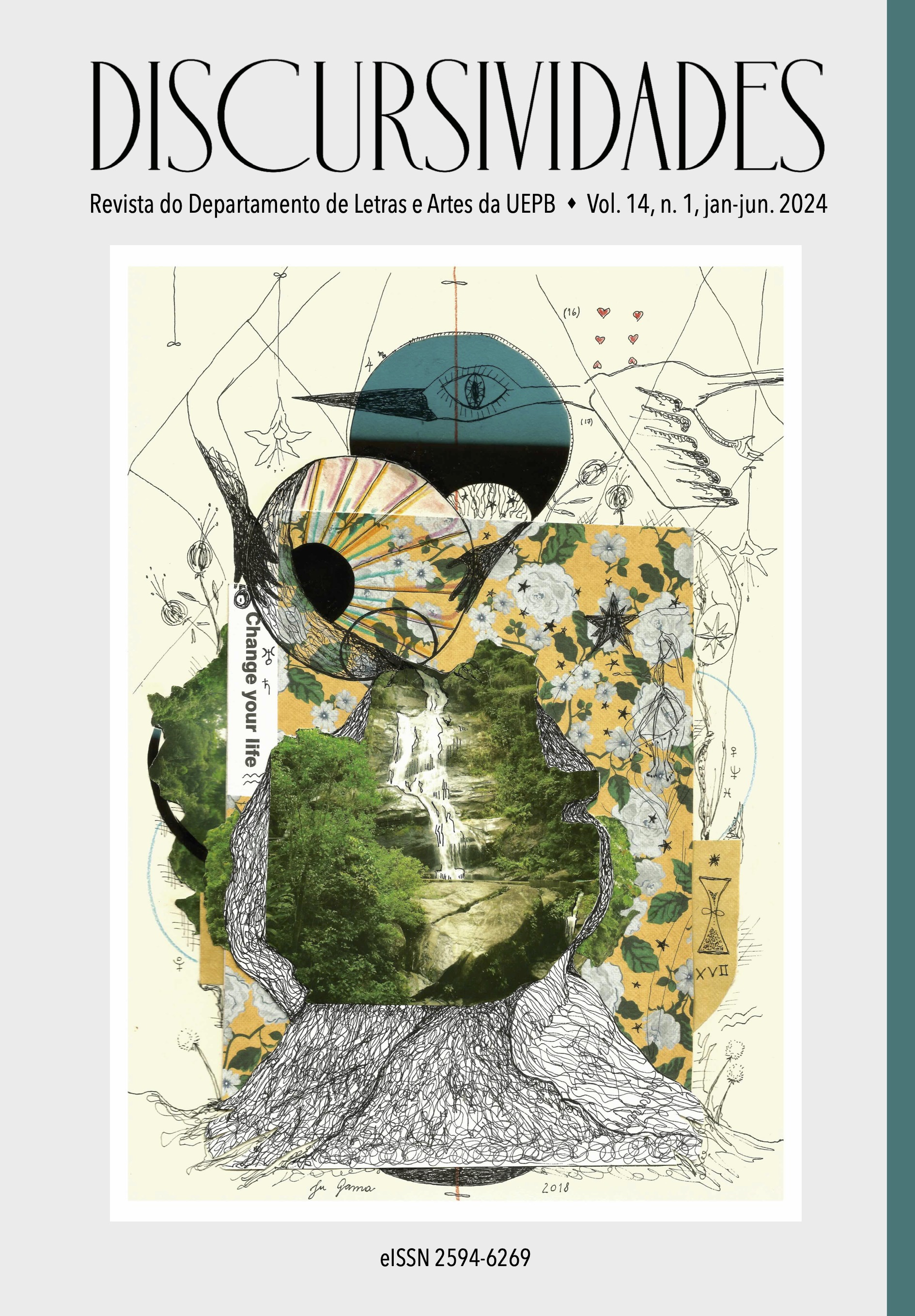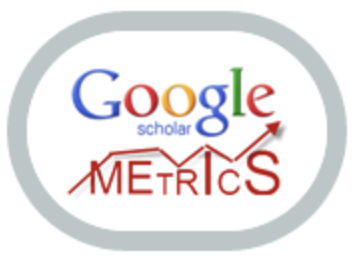Homoerotismo em Me chame pelo seu nome de André Aciman
DOI:
https://doi.org/10.29327/256399.14.1-7Keywords:
Call me by your name, Homoerotism, DesireAbstract
It is an undeniable fact that the number of homoerotic novels has been growing in the last decades according to many reasons that include, for instance, the Sexual Revolution started around the ́70s, as well as the despathologization of same-sex and/or gender physical and affective attraction. Besides that, other important aspects were the movements to highlight the so-called “The Sexual Revolution”, as part of Gender Studies, led mainly by the LGBTQIA+ community and, consequently, the fleetingness, yet resistant, of society reprisal towards the so-considered deviant manifestation of sexualities. Therefore, we aim to analyze Call me by your name (2007), by André Aciman, that narrates the desire and attraction between its narrator-character Elio, a seventeen year-old Italian young boy, and Oliver, a twenty-four year-old American student. For this purpose, we consider as theoretical support of authors as Bataille (2020), Costa (1992), Barcellos (2006), Foucault (2020) and Richardson e Robinson (2020), in order to understand how the concept of homoerotism can be interpreted on this novel considering desire, continuity, internal urges and, specially, will demonstrate how death displays a key role on erotic movements.
References
ACIMAN, André. Call me by your name. 1. ed. New York: Farrar, Straus and Giroux, 2007. Disponível em: < https://repositorio.ufu.br/bitstream/123456789/37169/1/ChamePeloNome.pdf >. Acesso em: 05 jan. 2024.
BARCELLOS, José Carlos. Literatura e homoerotismo em questão. Rio de Janeiro: Dialogarts, 2006. Disponível em: < https://www.santoandre.sp.gov.br/PESQUISA/ebooks/368270.PDF >. Acesso em: 05 jan. 2024.
BATAILLE, Georges. O erotismo. 2. ed. Belo Horizonte: Editora Autêntica, 2020. Disponível em: < https://salsichaotainha.files.wordpress.com/2011/05/georges-bataille-o-erotismo.pdf >. Acesso em: 05 jan. 2024.
CAMARGO, Flávio Pereira (org.). Ensaios sobre literatura e homoerotismo masculino. Rio de Janeiro: Metanoia, 2017.
COSTA, Jurandir Freire. A inocência e o vício: estudos sobre o homoerotismo. Rio de Janeiro: Relume Dumará, 1992. Disponível em: < A Inocencia e o Vicio Estudos Sobre o Homoerotismo - Jurandir-Freire-Costa PDF | PDF (scribd.com) >. Acesso em: 05 jan. 2024.
DURÃO, Fabio Akcelrud. Metodologia De Pesquisa Em Literatura. São Paulo: Parábola, 2020. Disponível em: < https://pt.scribd.com/document/592941406/Metodologia-de-Pesquisa-Em-Literatura-Teoria-Literaria-Fabio-Akcelrud-Durao-Z-lib-org >. Acesso em: 05 jan. 2024.
FOUCAULT, Michel. História da sexualidade 1: a vontade de saber. 8. Ed. São Paulo: Paz e Terra, 2020. Disponível em: < https://edisciplinas.usp.br/pluginfile.php/2940534/mod_resource/content/1/Hist%C3%B3ria-da-Sexualidade-1-A-Vontade-de-Saber.pdf >. Acesso em: 05 jan. 2024.
FOUCAULT, Michel. História da sexualidade 2: uso dos prazeres. 8. Ed. São Paulo: Paz e Terra, 2020. Disponível em: < https://edisciplinas.usp.br/pluginfile.php/2940574/mod_resource/content/1/Hist%C3%B3ria-da-Sexualidade-2-O-Uso-dos-Prazeres.pdf >. Acesso em: 05 jan. 2024.
GERHARD, Tatiana Engel; SILVEIRA, Denise Tolfo. Métodos de pesquisa. Porto Alegre: Editora da UFRGS, 2009. Disponível em: < https://lume.ufrgs.br/handle/10183/52806 >. Acesso em: 05 jan. 2024.
GIL, Antônio Carlos. Como elaborar projetos de pesquisa. 6. Ed. São Paulo: Atlas, 2017. Disponível em: < https://files.cercomp.ufg.br/weby/up/150/o/Anexo_C1_como_elaborar_projeto_de_pesquisa_-_antonio_carlos_gil.pdf >. Acesso em: 05 jan. 2024.
SOUZA, Warley Matias de. Literatura homoerótica. 1. ed. Joinville: Clube dos Autores, 2020. Disponível em: < https://livros.warleymatiasdesouza.com.br/wp-content/uploads/2023/05/Literatura-homoerotica.pdf >. Acesso em: 05 jan. 2024.
TREVISAN, João Silvério. Devassos no Paraíso (4a edição, revista e ampliada): A homossexualidade no Brasil, da colônia à atualidade. [s.l.]: Objetiva, 2018. Disponível em: < https://edisciplinas.usp.br/mod/resource/view.php?id=2294333 >. Acesso em: 05 jan. 2024.
Downloads
Published
How to Cite
License
Copyright (c) 2024 Giovane Alves de Souza; Hélio Vieira da Silva

This work is licensed under a Creative Commons Attribution 4.0 International License.
Authors who publish in this journal agree to the following terms:
a) Authors retain copyright and grant the journal the right of first publication. The articles are simultaneously licensed under the Creative Commons Attribution 4.0 International Public License (CC BY 4.0) which allows the sharing of the work with acknowledgment of its authorship and initial publication in this journal.
b) Discursividades journal offers immediate free access to its content, following the principle that making scientific knowledge available to the public free of charge provides greater global democratization of knowledge.






